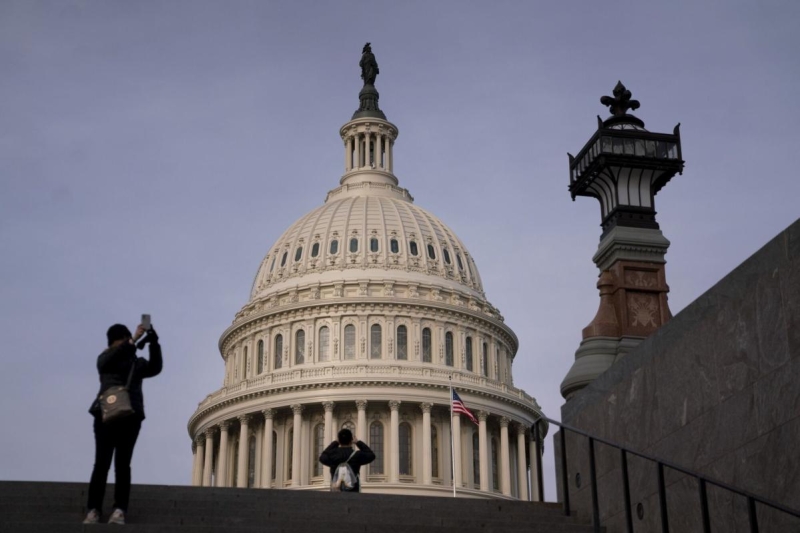
Employer-sponsored health plans would be required to cover over-the-counter contraception, including condoms and emergency contraception, without a prescription and without cost sharing under newly proposed Affordable Care Act (ACA) regulations
Quick Hits
- Proposed rules issued by the DOL, HHS, and Treasury are designed to increase coverage for over-the-counter contraceptives, such as condoms, spermicides, and emergency contraception, without a prescription.
- If finalized, the proposed rules would be the first time that male contraceptives will be covered under the ACA preventive care requirements.
- The public has until December 27, 2024, to submit comments on the proposed rules.
Fully insured and self-insured health plans would have to cover every Food and Drug Administration (FDA)-approved contraceptive drug or drug-led combination product without cost sharing, unless the plan or insurer covers a therapeutic equivalent without cost sharing, under rules proposed by the U.S. Departments of Health and Human Services, Labor, and Treasury.
Employer-sponsored health plans and insurers also would have to tell participants that over-the-counter contraception without a prescription is covered at no cost, under the proposed rules published October 28, 2024, in the Federal Register.
The ACA requires most group health plans to cover preventive care at no cost to patients. Preventive care under the ACA includes FDA-approved contraceptives for women, such as birth control pills, injectable contraceptives, contraceptive patches, implantable rods, intrauterine devices, diaphragms, sponges, vaginal rings, emergency contraception medication, and sterilization procedures for women. In 2022, the Health Resources and Services Administration (HRSA) issued updated guidelines that define which healthcare services are considered preventive for women.
Without a prescription, over-the-counter products were not included in the ACA’s coverage requirement. The proposed rule would change that.
In guidance issued earlier this year, the departments noted that they are still identifying plans that are out of compliance with the contraceptive care requirements. Employers that violate the ACA mandate can be fined $100 for each day in the noncompliance period for each affected employee. At first, the ACA granted exemptions to churches and other religious organizations that hold instilling religious values as their purpose and primarily employ people who share their religious beliefs. The criteria to qualify for an exemption were broadened later. Without an exemption, nongovernmental employers can use a self-certification form to instruct their health insurer to exclude contraceptive coverage from the group health plan and provide payments to patients for contraceptive services separate from the health plan.
In July 2020, the Supreme Court of the United States ruled that private employers with religious or moral objections can be exempt from the contraceptive mandate.
Seven states—California, Colorado, Maryland, New Jersey, New Mexico, New York, and Washington—already have laws requiring state-regulated health insurance policies to cover certain over-the-counter contraceptives without a prescription and without cost sharing.
Next Steps
Employers may want to review the coverage of contraceptives under their medical plans both to ensure that no improper restrictions are put on them currently and also to clarify how their coverage would need to expand if these proposed rules became final in a substantially similar form.
This article was co-authored by Leah J. Shepherd, who is a writer in Ogletree Deakins’ Washington, D.C., office.
© 2024, Ogletree, Deakins, Nash, Smoak & Stewart, P.C., All Rights Reserved. by: Timothy J. Stanton of Ogletree, Deakins, Nash, Smoak & Stewart, P.C. For more news on ACA OTC Contraception Regulations, visit the NLR Health Law & Managed Care section.





